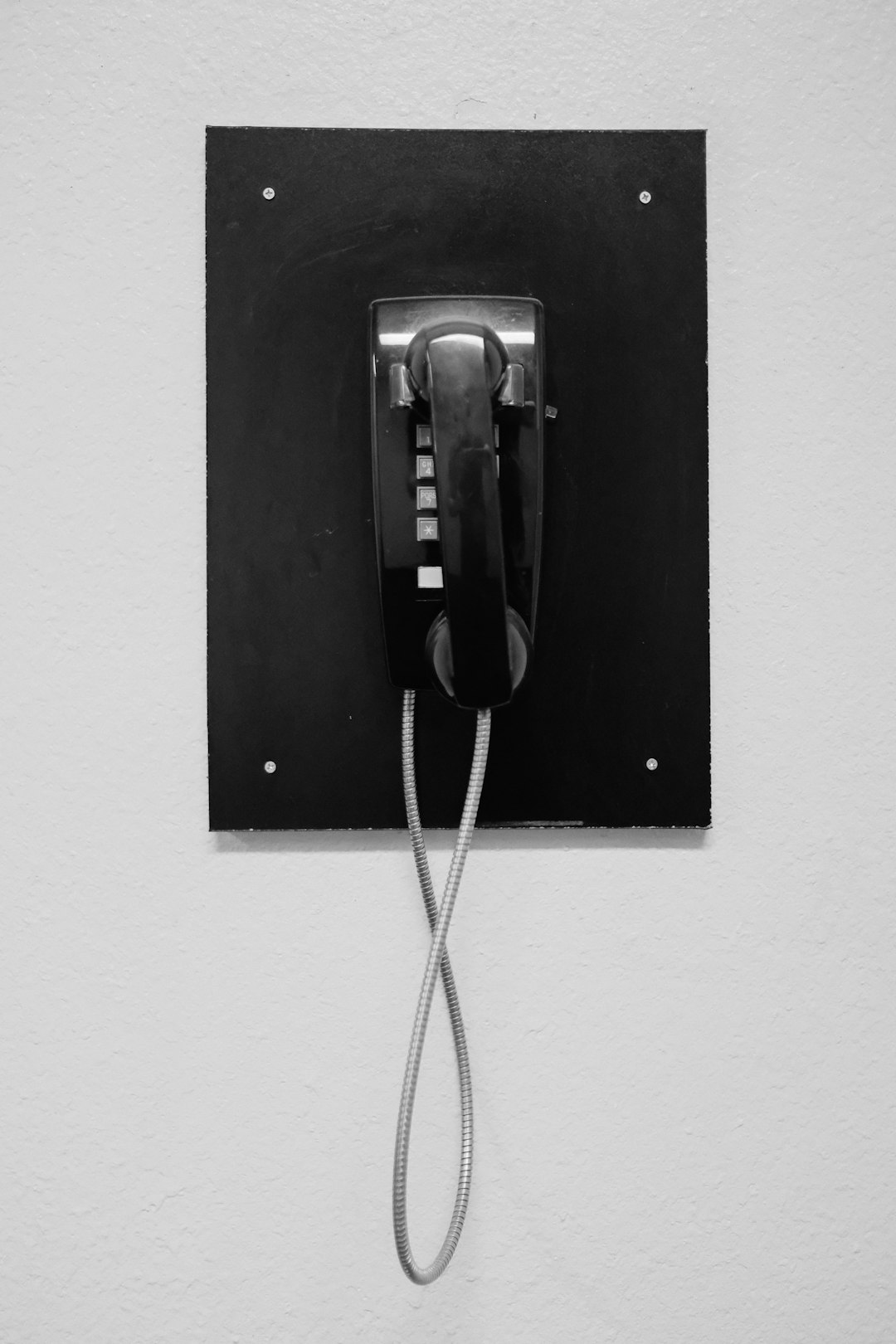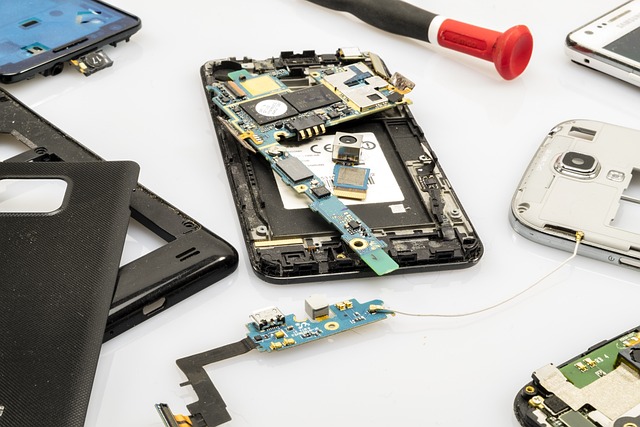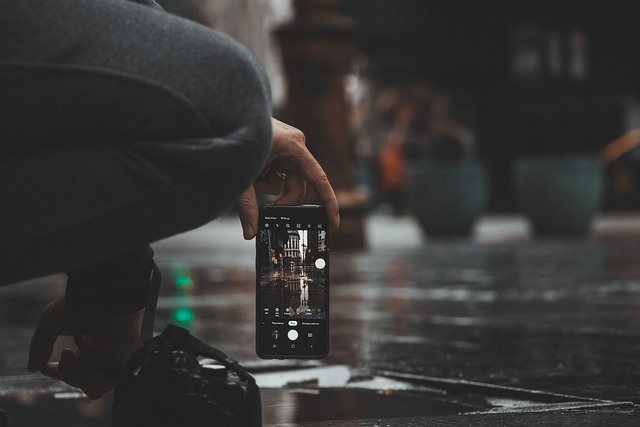North Carolina libraries offer a comprehensive guide to combating unwanted calls, providing physical and digital resources, workshops, and partnerships with legal experts. Residents can access consumer protection guides, learn about do-not-call lists, and gain practical advice from legal specialists, including unwanted call attorney services tailored to local laws. This multi-faceted approach empowers patrons to protect their privacy and create a quieter environment.
In North Carolina, understanding and leveraging local library resources can be a powerful tool in educating residents about preventing unwanted calls. With the ever-growing concern over privacy rights and nuisance phone calls, libraries offer a wealth of information and support. This article explores various resources available through NC libraries, from research materials on unwanted call laws to workshops teaching call blocking techniques, even collaborating with legal experts. Discover how these initiatives empower folks to combat persistent phone harassment and protect their privacy as guided by local unwanted call attorneys.
Unwanted Call Laws and Regulations in NC
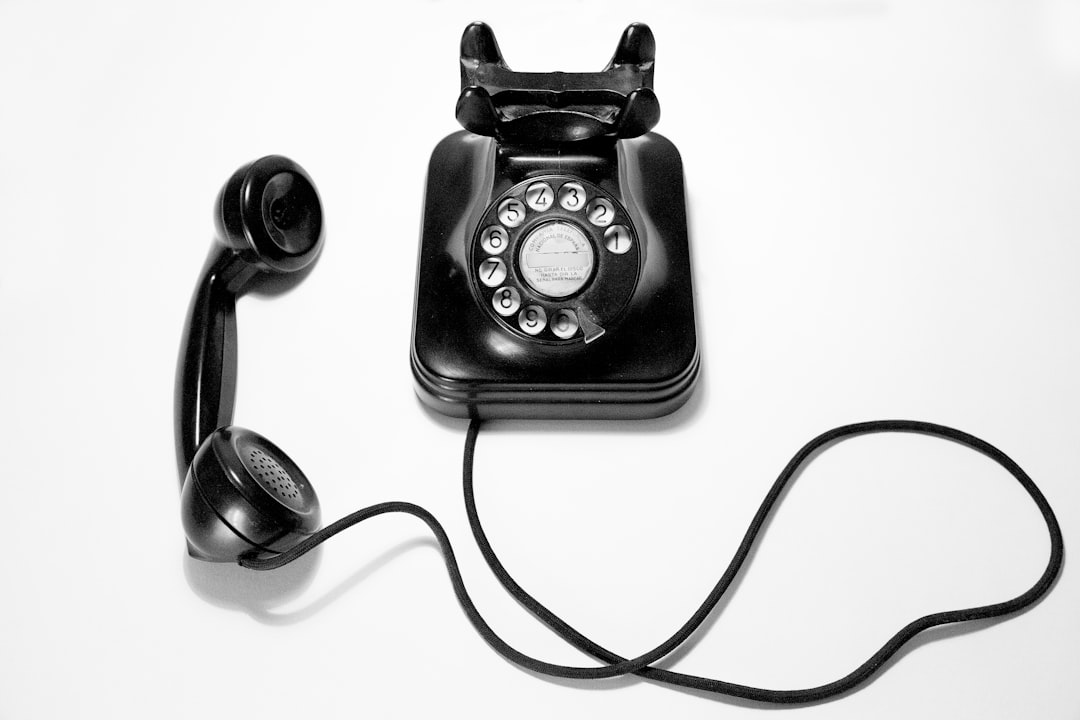
In North Carolina, unwanted call prevention is governed by state laws designed to protect residents from nuisance calls. The North Carolina General Assembly has implemented regulations that restrict certain types of telemarketing practices and provide consumers with tools to stop unwanted calls. According to these laws, businesses engaging in telemarketing activities must obtain prior consent from recipients before making marketing or sales calls. This includes both live operators and automated dialer systems.
Unwanted call attorney North Carolina plays a crucial role in helping individuals navigate these regulations and assert their rights. Consumers who feel they have been violated by unwanted calls can consult with such attorneys to understand their legal options, file complaints, or take necessary actions against the offending parties. These laws ensure that residents can enjoy peace of mind and control over their communication channels without being subjected to persistent or unsolicited calls.
Local Library Resources for Research

Local libraries in North Carolina offer a treasure trove of resources for those seeking to educate themselves about unwanted call prevention and managing telemarketing intrusions. For individuals looking to gain knowledge on this topic, especially those considering an unwanted call attorney in North Carolina, library databases are an excellent starting point. These resources provide access to legal research materials, consumer protection guides, and industry reports that offer insights into the laws surrounding telemarketing practices and the rights of consumers.
The reference sections of local libraries are particularly valuable, featuring books on privacy laws, consumer advocacy, and communication ethics. Many libraries also subscribe to academic journals and databases that cover legal and technological aspects of unwanted calls, providing up-to-date information and case studies relevant to North Carolina’s attorney general guidelines. With the support of these resources, patrons can educate themselves, understand their rights, and even explore potential legal avenues for addressing persistent unwanted calls.
Educational Materials on Privacy Rights
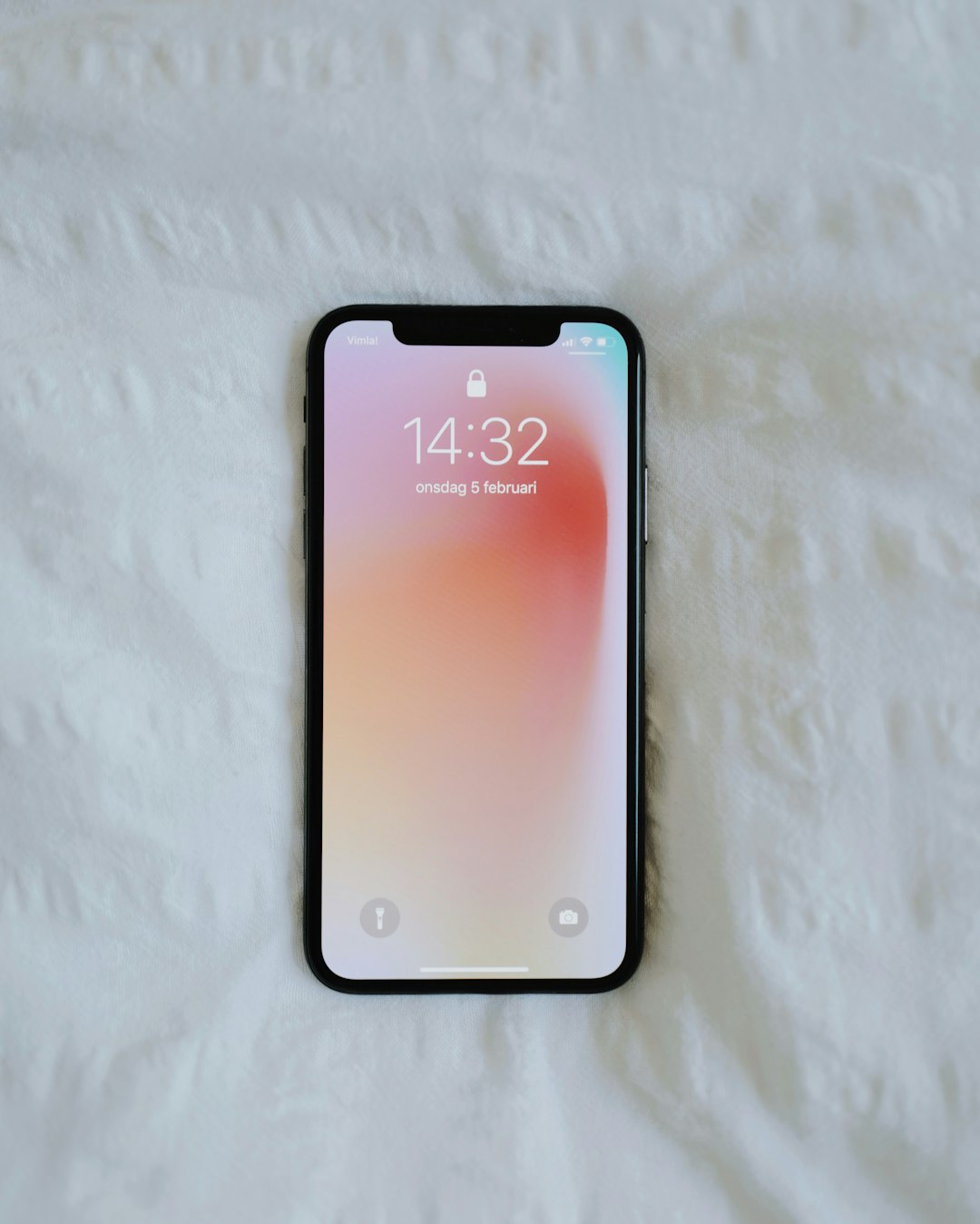
Local libraries in North Carolina offer a wealth of resources for individuals seeking to understand and protect their privacy rights, especially regarding unwanted calls. Many libraries have dedicated sections on consumer protection and legal resources, where patrons can find books and guides that delve into the topic of privacy laws and how they apply to telephone communications. These materials often provide practical advice on blocking unwanted calls, understanding do-not-call lists, and knowing when to involve an unwanted call attorney in North Carolina if harassment or abuse persists.
In addition to print resources, some libraries offer online access to databases and e-books that cover various aspects of consumer rights and privacy. Patrons can also take advantage of library programs and workshops focused on digital literacy and security, where experts discuss strategies for navigating the complexities of modern communication and ensuring personal information remains private. These initiatives empower individuals to take proactive measures against unwanted calls and related privacy invasions.
Workshops and Classes on Call Blocking
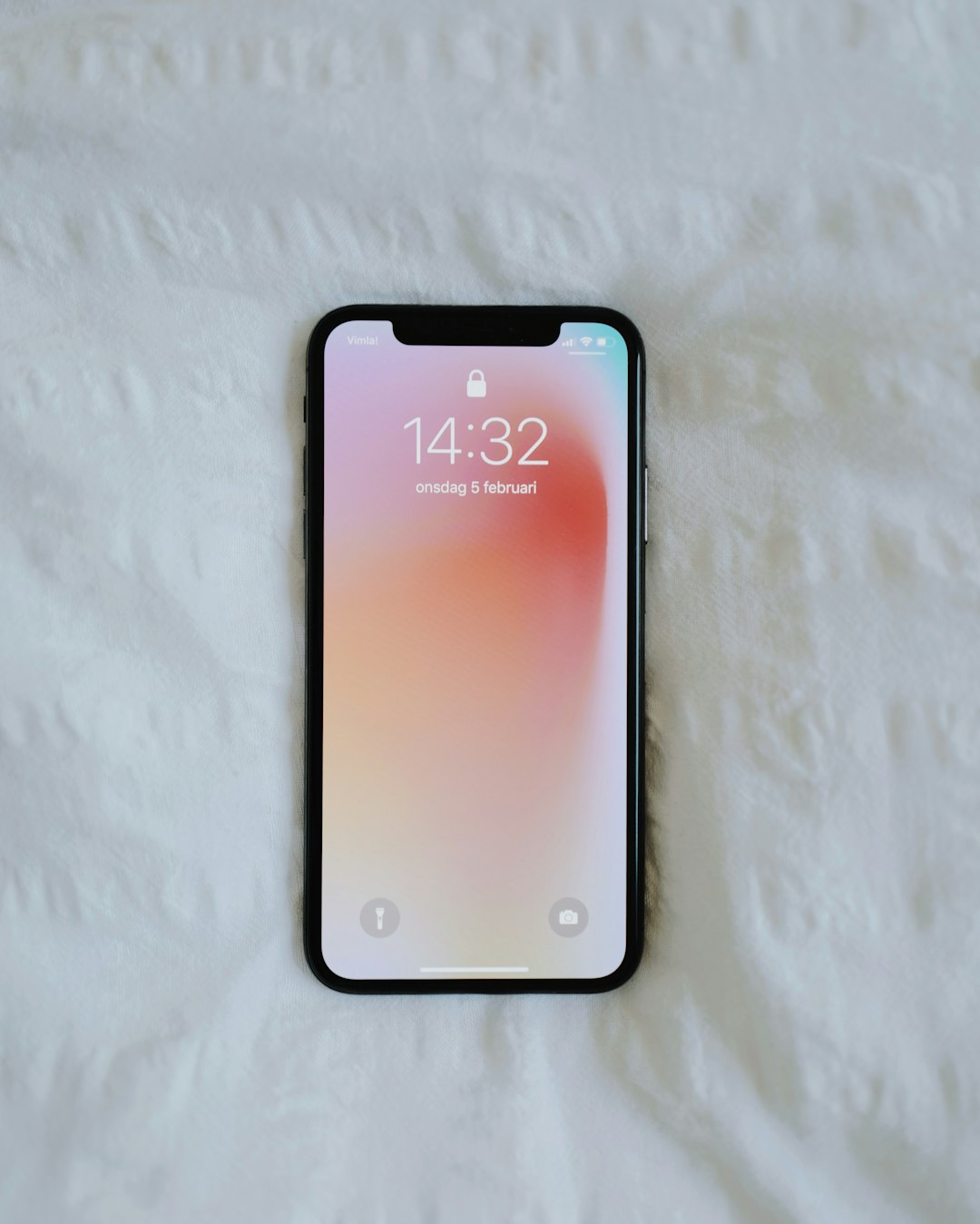
Many local libraries in North Carolina offer workshops and classes tailored to educate community members on various topics, including unwanted call prevention. These sessions provide an excellent opportunity for individuals to gain practical knowledge about managing and blocking unsolicited calls. Through interactive presentations and hands-on activities, attendees can learn effective strategies to deal with telemarketing calls, scam artists, and robocalls.
Workshops often cover a range of topics, such as understanding call blocking technologies, setting up do-not-call lists, and recognizing common tactics used by telemarketers. Attendees are equipped with the tools and resources needed to protect their personal information and privacy. Additionally, these sessions may feature guest speakers, including local legal experts specializing in consumer protection, who can offer valuable insights into unwanted call attorney North Carolina services and laws.
Collaborating with Legal Experts
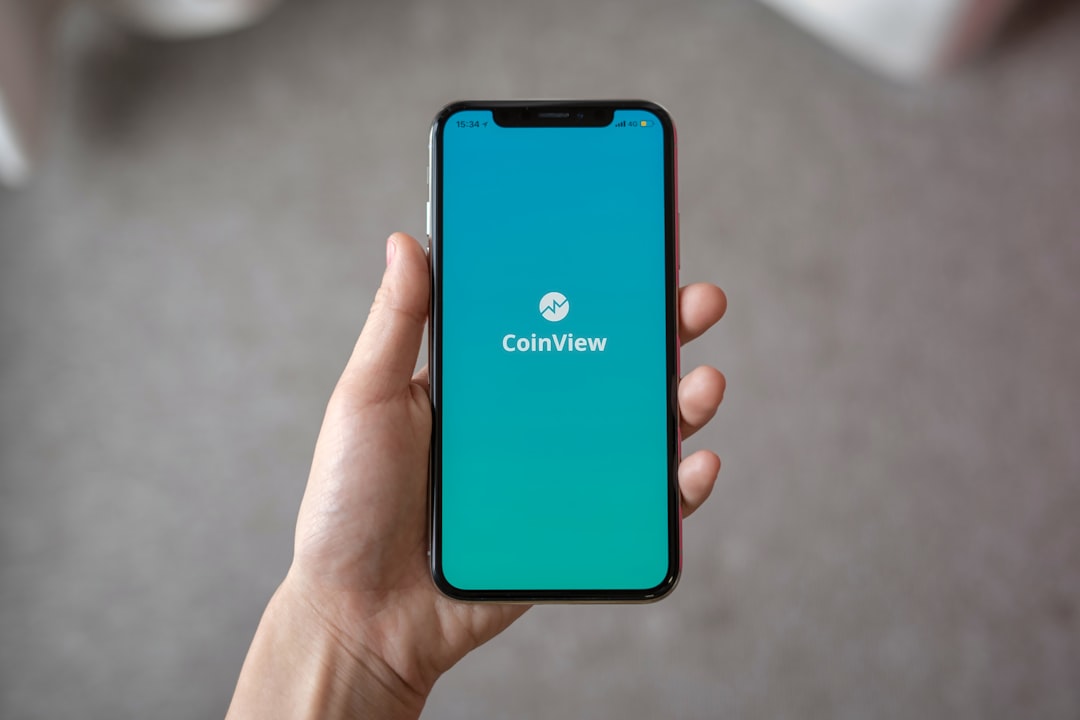
Local libraries can play a significant role in educating communities about unwanted call prevention by collaborating with legal experts. In North Carolina, for instance, many law firms specializing in unwanted call attorney services are willing to partner with libraries to offer workshops and seminars on recognizing and blocking unwanted calls, including telemarketing, robocalls, and spam calls. These partnerships can provide valuable insights into the legal aspects of call prevention, offering practical advice tailored to local laws and regulations.
Additionally, libraries can host Q&A sessions with attorneys who can address common concerns and dispel myths surrounding unwanted calls. By inviting experts in this field, libraries empower patrons with the knowledge to take proactive measures against intrusive phone calls, ensuring a quieter and more peaceful environment for all community members.
